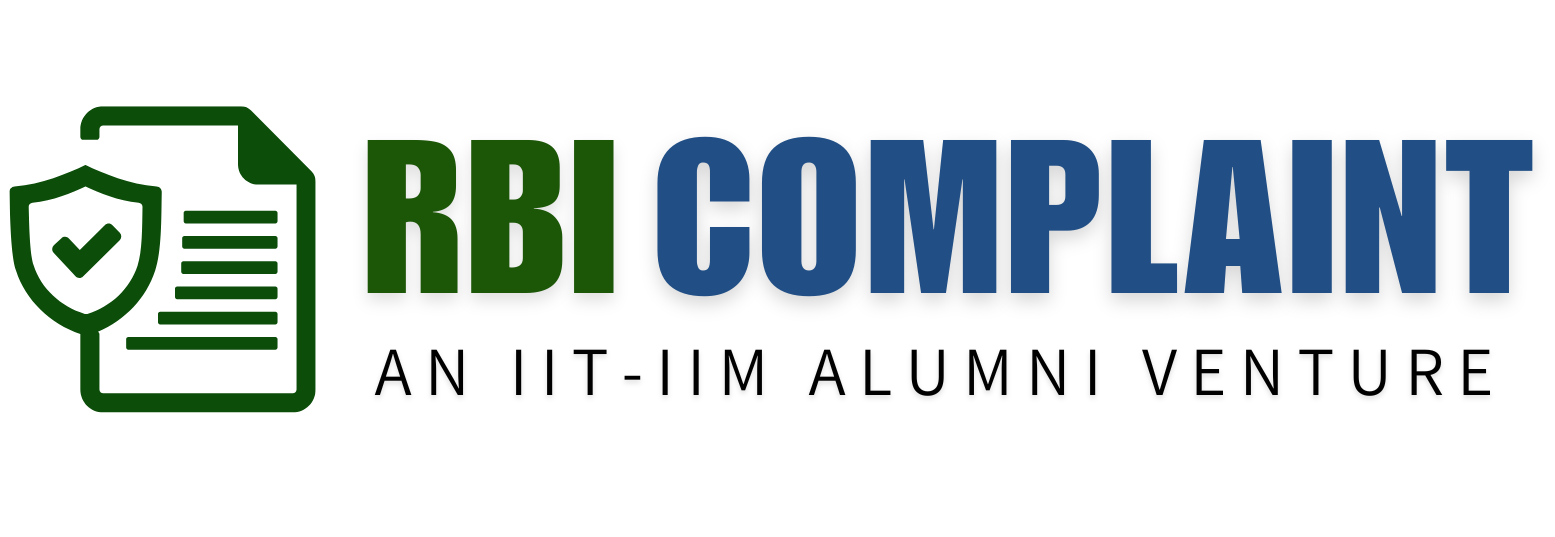RBI Regulations and Guidelines
Understanding RBI Regulations and Guidelines
The Reserve Bank of India (RBI) plays a pivotal role in regulating and supervising financial institutions in India. Its regulations and guidelines are designed to ensure the stability, transparency, and fairness of the financial system. At RBI Complaints, we aim to help you understand these regulations and how they impact your banking experience, especially when resolving complaints and disputes.
Key RBI Regulations and Guidelines
Here are some crucial RBI regulations and guidelines that affect banks and Non-Banking Financial Companies (NBFCs):
1. Consumer Protection Framework:
- Grievance Redressal Mechanism:
Banks and NBFCs are required to have a robust grievance redressal mechanism to address customer complaints effectively. This includes an internal complaint resolution process and access to the RBI Ombudsman for unresolved issues. - Fair Practices Code:
Financial institutions must adhere to a Fair Practices Code that outlines the principles of transparency, fairness, and ethical conduct in their dealings with customers.
2. Disclosure and Transparency Requirements:
- Disclosure of Fees and Charges:
Banks and NBFCs must clearly disclose all applicable fees, charges, and terms related to their products and services. This includes providing detailed information in account statements and on their websites. - Terms and Conditions:
Institutions are required to provide clear and comprehensive terms and conditions for financial products and services, ensuring customers are fully informed before making decisions.
3. Regulation of Financial Products:
- Loan and Credit Card Regulations:
RBI guidelines cover aspects related to loan approvals, interest rates, repayment terms, and credit card transactions. These guidelines aim to protect consumers from unfair practices and ensure responsible lending. - Anti-Money Laundering (AML) Standards:
Financial institutions must comply with AML regulations, including customer due diligence and reporting suspicious transactions, to prevent financial crimes.
4. Customer Data Protection:
- Privacy and Security:
Banks and NBFCs are required to implement measures to protect customer data and ensure privacy. This includes safeguarding personal and financial information against unauthorized access and breaches.
5. Ombudsman Scheme:
- Resolution of Complaints:
The RBI Ombudsman Scheme provides an avenue for customers to file complaints against banks and NBFCs if their issues are not resolved through internal channels. The scheme aims to offer a fair and impartial resolution process.
How These Regulations Affect You
Understanding RBI regulations and guidelines helps you:
- Navigate Complaints: Know your rights and the proper procedures for filing complaints if you encounter issues with your financial institution.
- Ensure Fair Treatment: Be aware of the standards and practices that financial institutions must follow, ensuring they provide fair and transparent services.
- Protect Your Interests: Make informed decisions about financial products and services, knowing that regulatory measures are in place to protect you.
Our Services
At RBI Complaints, we provide guidance on how to leverage RBI regulations and guidelines to address your banking issues:
- Regulation Explanation: We explain relevant RBI regulations and how they apply to your specific situation.
- Complaint Process Guidance: We guide you through the complaint process, ensuring your concerns are addressed in line with regulatory requirements.
- Resolution Support: Our team assists in filing complaints with the RBI Ombudsman and ensures that your case is handled according to regulatory standards.
